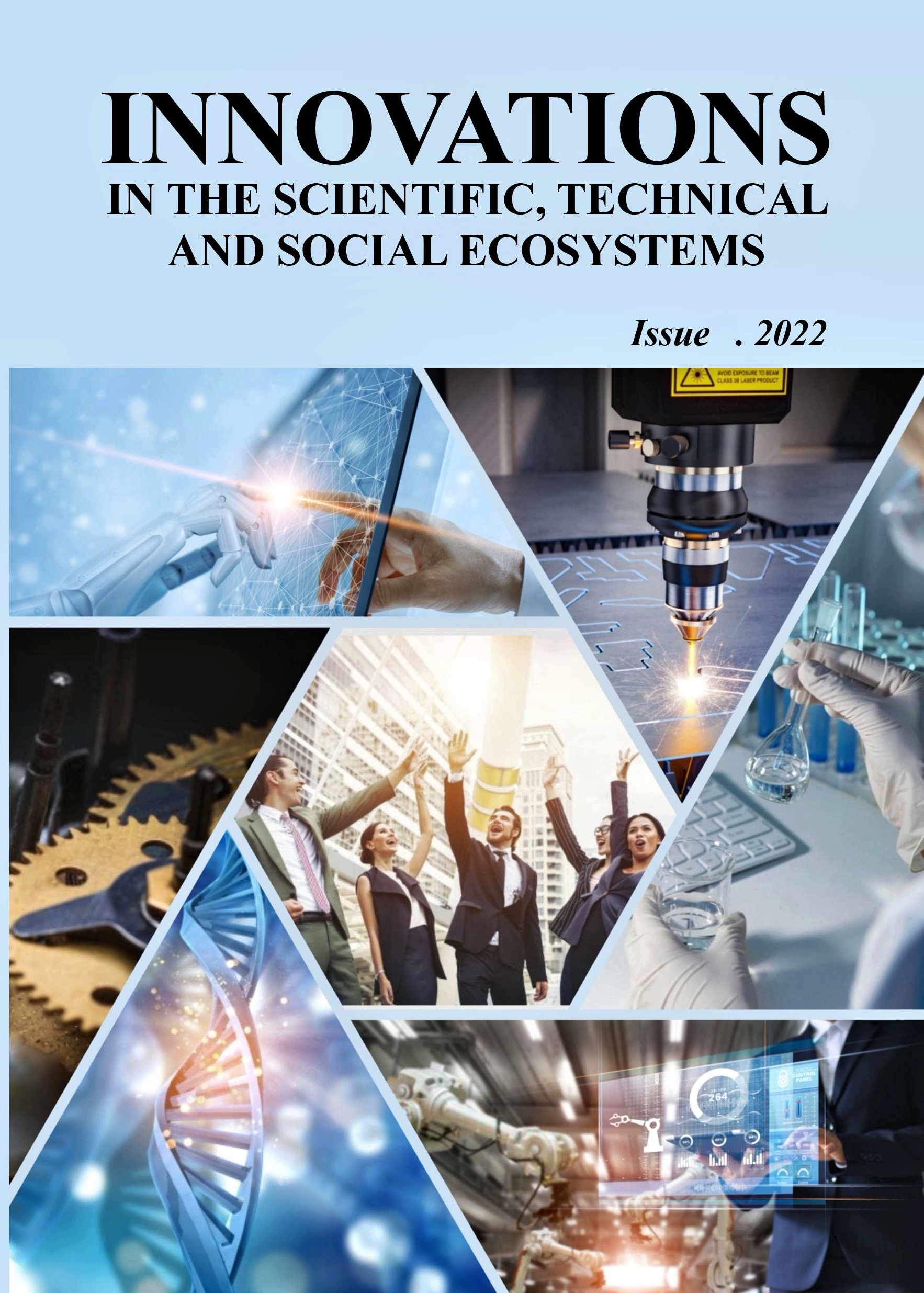THE CONCEPT 'QUARANTINE' IN RUSSIAN-, UKRAINIAN- AND ENGLISH-LANGUAGE HUMOROUS WORLD VIEW
DOI:
https://doi.org/10.56378/PTDZ02122022Keywords:
quarantine, humorous world view, cognitive feature, Internet folkloreAbstract
The Purpose of the Study The article is devoted to the analysis of cognitive conceptual features of the concept 'quarantine' in three humorous language world views: Russian, Ukrainian and English. The aim of the investigation is to reveal the peculiarities of conceptualization of the main cognitive features of the concept 'quarantine' on the material of the modern Internet folklore genres, such as memes, anecdotes, aphorisms, jokes. The Research Methodology. Semantic-cognitive method was used to characterize individual categories of the analyzed concept and quantitative method to present statistical data. The Scientific Novelty. The article presents the first cognitive analysis of the concept 'quarantine' on the material of the Internet folklore in three linguistic humorous language world views. The Conclusions. Comparison of cognitive features of the concept 'quarantine' in the studied world views has allowed to deduce general cognitive features of its conceptualization, which include: inability of parents to adapt quickly and easily to a new role of the home teacher; and producing dependence on household actions, in particular overeating.
References
Arkhipova, A. (2016) Zachem rasskazyvat' anekdoty. Ot korpusnogo analiza k sotsiologii fol'klora [Why tell jokes. From corpus analysis to the sociology of folklore]. Metody i kontseptsii v fol'kloristike i kul'turnoi antropologii (konets XX–nachalo XX veka): materialy XVI Mezhdunarodnoi shkoly-konferentsii po fol'kloristike, sotsiolingvistike i kul'turnoi antropologii. Moskva, 2016, pp. 39–45. [In Russian]
Voronov, V. M. (2021) Pandemiya COVID-19 kak ekzistentsial'noe i kul'turnoe sobytie: gruppy, kul'turnye granitsy i fenomen nastroeniya (na primere rossiiskogo obshchestva) [The COVID-19 pandemic as an existential and cultural event: groups, cultural boundaries and the mood phenomenon (on the example of Russian society)]. Zhurnal frontirnykh issledovanii. Astrakhan', 2021, pp. 41–68. [In Russian]
Collins English Dictionary. Available at: https://www.collinsdictionary.com/dictionary/english/quarantine [In English]
Kotova, V. S. (2021) Memy na temu kovida kak letopis' pandemii [Covid memes as a chronicle of the pandemic]. Mediasreda. Chelyabinsk, 2021, pp. 102–113. [In Russian]
Pavlyuk T., Dubinets Z. (2021) Osobennosti kontseptualizatsii ponyatiya karantin v sovremennom internet-fol’klore [Peculiar features of conceptualization of the ‘quarantine’ notion in modern Internet folklore]. Philologiya i chelovek. Available at: https://elibrary.ru/item.asp?id=46669976 [In Russian]
Sarna, A. Y. (2020) COVID-19 kak mediavirus: diskursy profilaktiki i paniki [COVID-19 as a media virus: discourses of prevention and panic]. Strategicheskie kommunikatsii v sovremennom mire: sbornik materialov po rezul'tatam nauchno-prakticheskikh konferentsii. Saratov, 2019, pp. 152–161. [In Russian]
Stankevich, P. A. (2020) Yumor spaset mir: internet-memy kak reaktsiya obshchestva na mirovuyu pandemiyu [Humour saves the world: Internet memes as a public response to the global pandemic]. Nauka v megapolise. Moskva, 2020, pp. 2–8. [In Russian]
Suslova, T. (2015) Internet-fol'klor kak sredstvo kommunikatsii [Internet folklore as a means of communication]. Zhurnalistskii ezhegodnik. Available at: https://cyberleninka.ru/article/n/internet-folklor-kak-sredstvo-kommunikatsii. [In Russian]
Suslova, T.I., Savchenko A.V. (2012). Internet-fol'klor kak vozmozhnost' setevoi kul'turnoi samoidentifikatsii [Internet folklore as an opportunity for network cultural self-identification]. Connect-universum – 2012: vliyanie novykh media na soznanie i povedenie molodezhi: mezhdistsiplinarnyi podkhod. Sbornik materialov IV Mezhdunarodnoi nauchno-prakticheskoi Internet-konferentsii. Tomsk, pp. 100–102. Available at: https://www.elibrary.ru/download/elibrary_24119036_30056588.pdf [In Russian]
Downloads
Published
How to Cite
Issue
Section
Categories
License
Copyright (c) 2022 Тетяна ПАВЛЮК, Зореслава ДУБІНЕЦЬ

This work is licensed under a Creative Commons Attribution-NonCommercial-NoDerivatives 4.0 International License.













